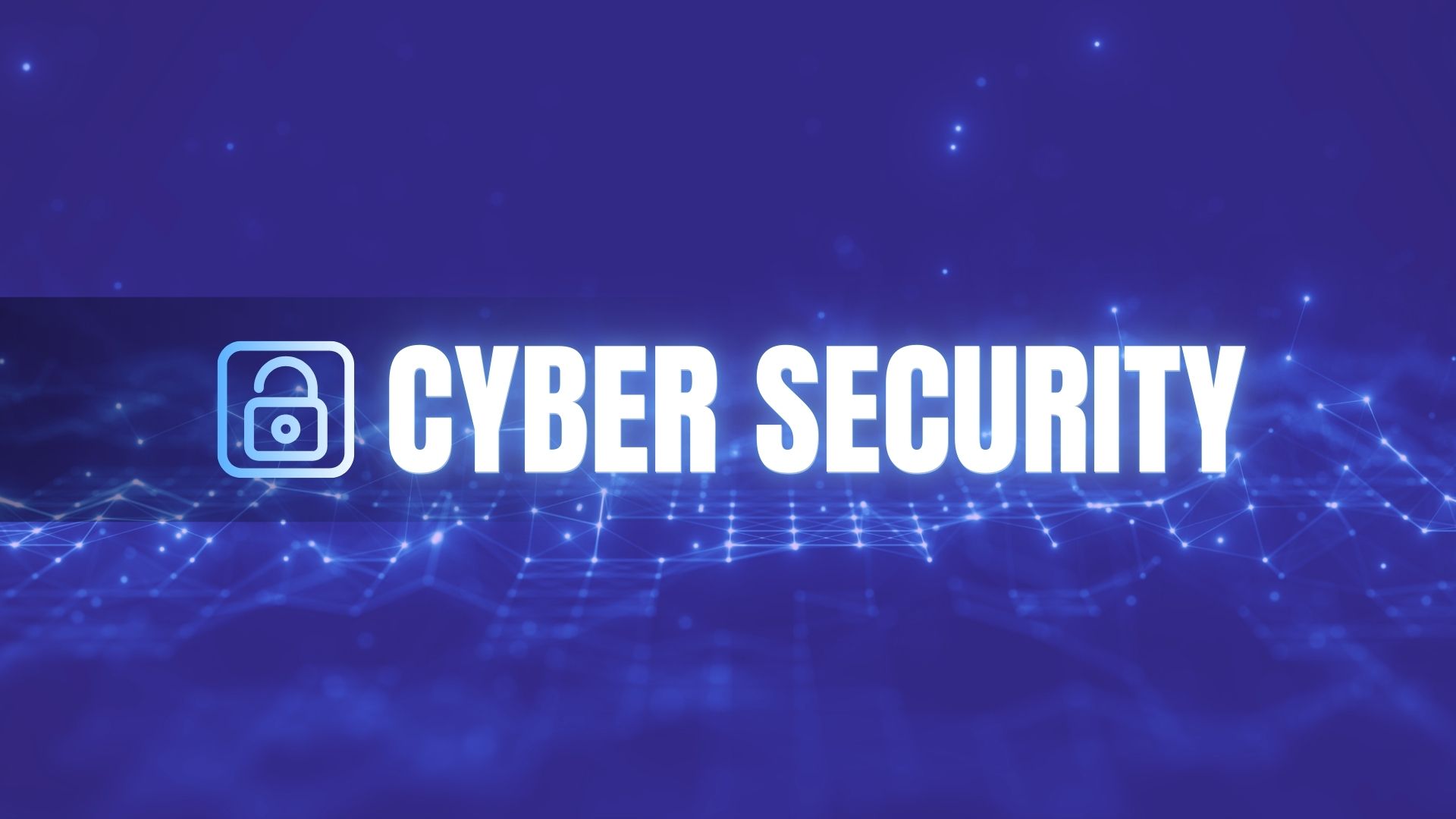Your IP address is your digital fingerprint on the internet. While necessary for online communication, there are times when you might want to keep it hidden. This guide will explore various methods to conceal your IP address.

Why Hide Your IP Address?
First and foremost, let’s consider the reasons for hiding your IP:
- To begin with, it enhances online privacy
- Moreover, it allows you to bypass geographical restrictions
- Additionally, it helps avoid targeted marketing
- Lastly, it provides protection against potential cyber attacks
Methods to Hide Your IP Address
Now, let’s delve into the various techniques you can employ to mask your IP:
1. Use a VPN (Virtual Private Network)
A VPN is arguably one of the most effective ways to hide your IP address.
- How it works: Essentially, it routes your internet traffic through a server in another location
- Pros: Not only does it change your IP address, but it also encrypts your data
- Cons: On the downside, it may slow down your internet speed, and some free VPNs can be unreliable
2. Use Tor (The Onion Router)
Alternatively, you can use Tor, a free software that routes your traffic through multiple servers.
- How it works: In essence, it bounces your connection through a network of volunteer-operated servers
- Pros: First and foremost, it’s free and highly anonymous
- Cons: However, it can be very slow, and some websites block Tor exit nodes
3. Use a Proxy Server
Another option is to use a proxy server, which acts as an intermediary between your device and the internet.
- How it works: In simple terms, it requests web pages on your behalf
- Pros: Generally speaking, it can be faster than VPNs and is often free
- Cons: Nevertheless, it doesn’t encrypt your traffic and is less reliable than VPNs
4. Use Public Wi-Fi
While not recommended for security reasons, public Wi-Fi can be used to mask your home IP address.
- How it works: In this case, you use the IP address of the public network
- Pros: On the positive side, it’s free and easily accessible
- Cons: However, it’s highly insecure and poses a risk of data theft
Best Practices
To conclude, here are some best practices to keep in mind:
- Above all, always use reputable VPN services
- Furthermore, avoid free proxy servers for sensitive activities
- Additionally, keep your software and systems updated
- Lastly, use HTTPS websites whenever possible
In conclusion, while these methods can help hide your IP address, it’s important to remember that they don’t guarantee complete anonymity. Therefore, always exercise caution about the information you share online. By following these guidelines, you can significantly enhance your online privacy and security.